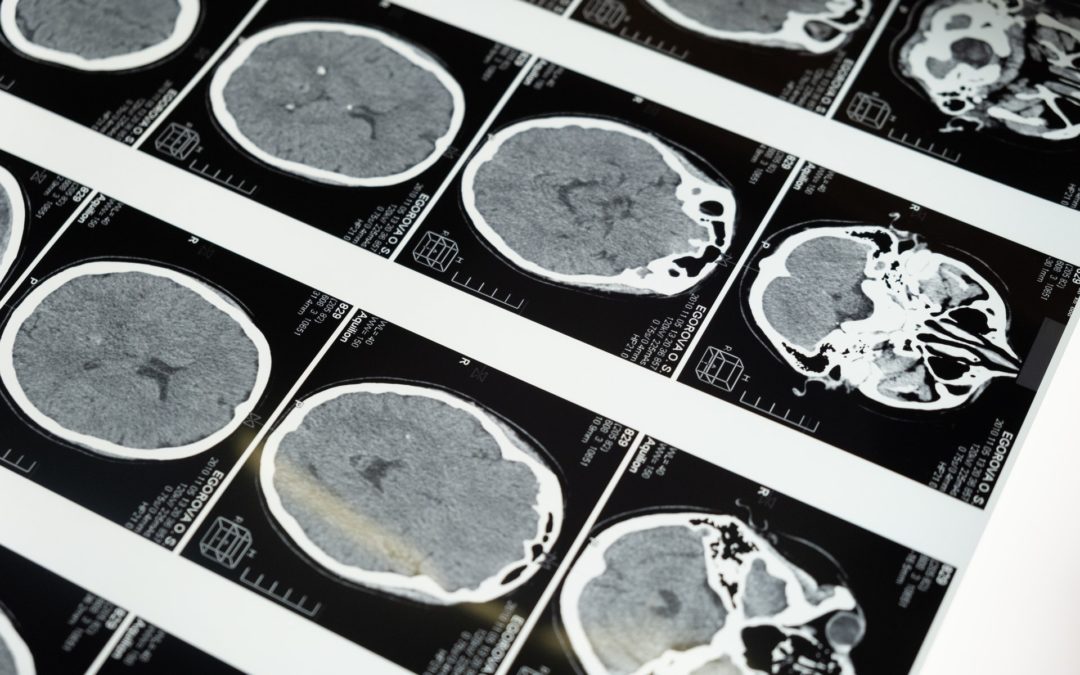Ketamine first received approval from the U.S. Food and Drug Administration (FDA) in 1970 for use as a surgical anesthetic.
Due to its short duration of action and reduced behavioral toxicity, it gained favor over other common anesthetics, and continues to be widely used today. Shortly after the discovery of ketamine’s surgical applications, recreational abuse began to surface, and it is this illicit use that has tainted the medication’s reputation. Fortunately, research has persisted, leading to the discovery that ketamine also provides an innovative mechanism for treating both chronic pain and several mental health afflictions. In 2019 the FDA approved esketamine—a ketamine-derived nasal spray—for treatment-resistant depression, signaling a change in attitude toward the medication, and paving the way for wider access to life-saving treatment.
Numerous studies—as well as direct experience from patients—attest to ketamine’s extraordinary ability to relieve otherwise treatment-resistant depression. Likewise, ample evidence shows that ketamine therapy acts as a powerful treatment for PTSD and many other often insurmountable mental health conditions. Scientists know that ketamine works; what they do not yet fully understand is how.
According to John Krystal, MD chief of psychiatry at Yale-New Haven Hospital and Yale School of Medicine in Connecticut, a partial explanation of ketamine’s impact on depression relates to the fact that following the first dose, long-dormant synaptic connections in the brain begin to regrow. Another mechanism related to the medication’s success has to do with the way ketamine recharges glutamate receptors—an important part of the functioning of those nerve cells which regulate mood. While neither of these findings provides a complete explanation of how ketamine therapy relieves depression, they contribute to a body of research that grows by the day.
Emerging Research Concerning Ketamine’s Long-Term Benefits
One new strand of research that further fills in the overall picture of how ketamine works, and that also offers great promise, is a notion known as metaplasticity. To grasp this term, it is first important to know that part of ketamine’s success derives from its ability to improve synaptic adaptability—or plasticity—over time. Recent research by Lisa Monteggia, PhD Professor in the Department of Pharmacology, Psychiatry & Psychology as well as the Barlow Family Director of the Vanderbilt Brain Institute at Vanderbilt University, shows that not only does ketamine improve plasticity, but through repeated exposure, it actually strengthens synaptic plasticity—a characteristic Monteggia calls “metaplasticity.” This means that not only does ketamine work, but it may also provide long-term relief from depression through eliciting structural changes in those brain cells responsible for mood regulation.
To learn more about research into ketamine and depression or to inquire about whether ketamine therapy may be right for you, do not hesitate to contact us at Vitalitas Denver—a mental health and chronic pain treatment clinic specializing in ketamine infusion therapy.
Contact Vitalitas Denver Ketamine Infusion Center


